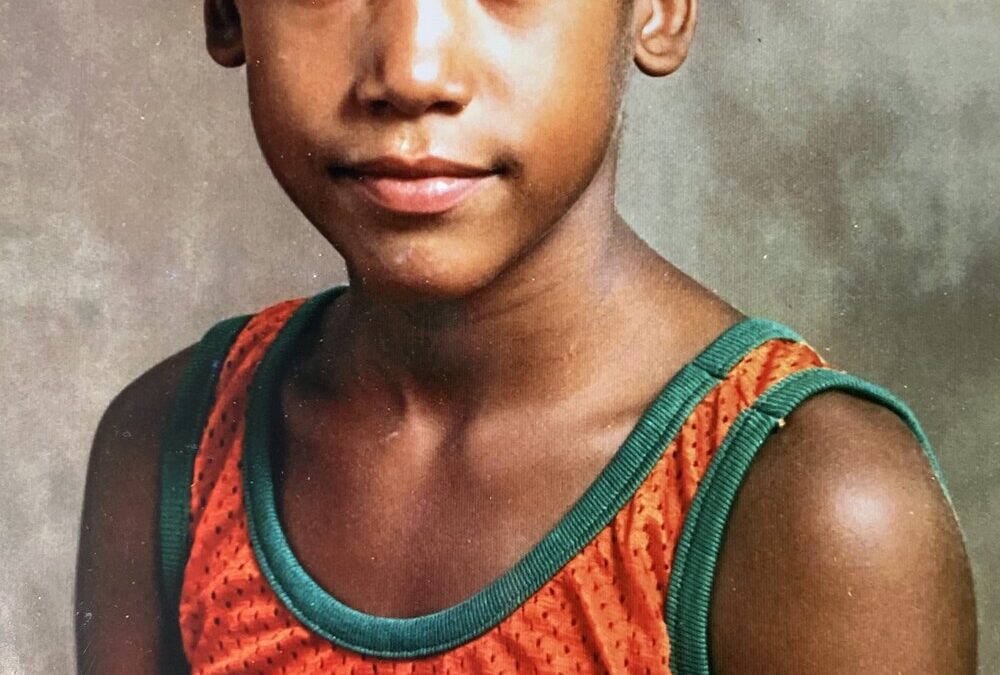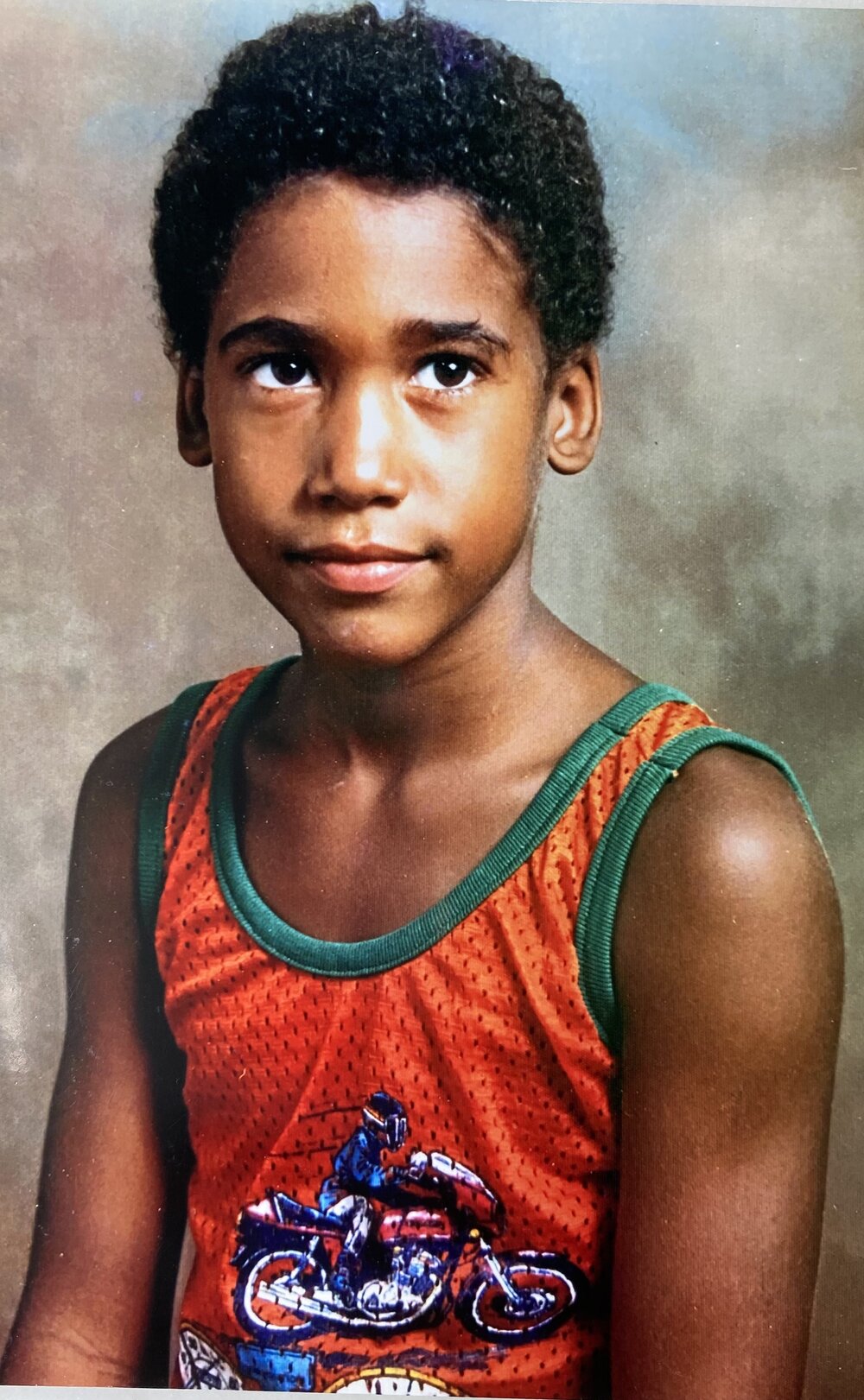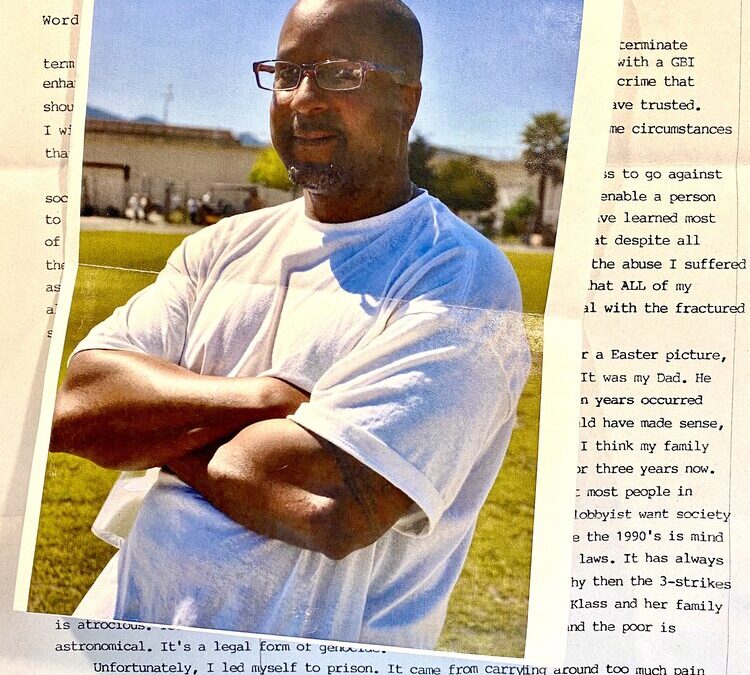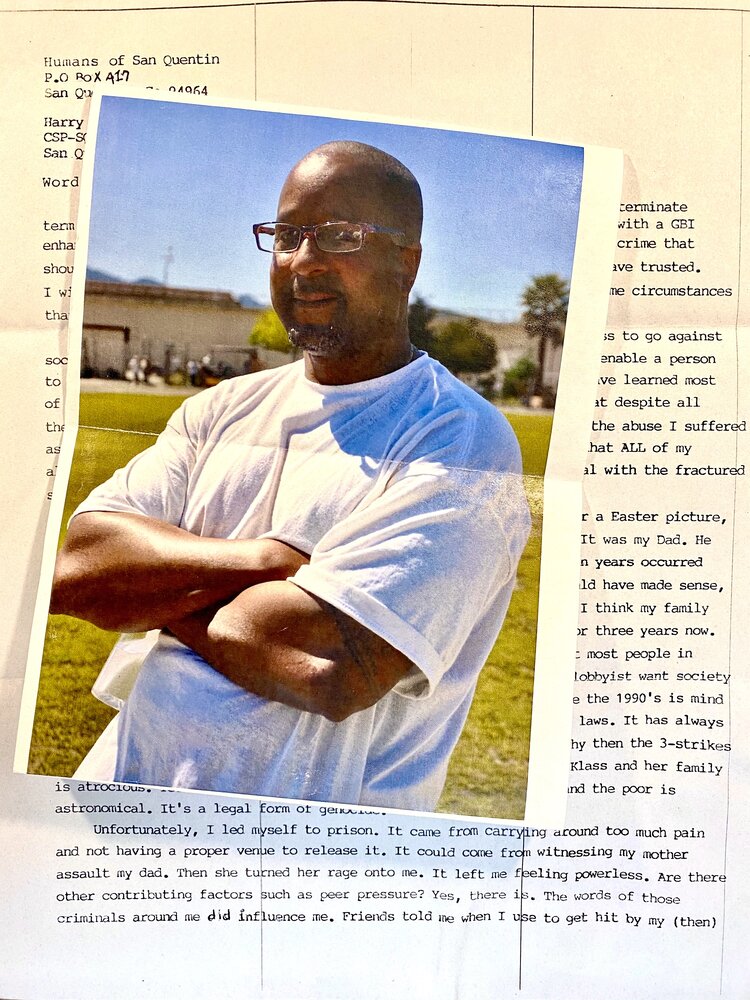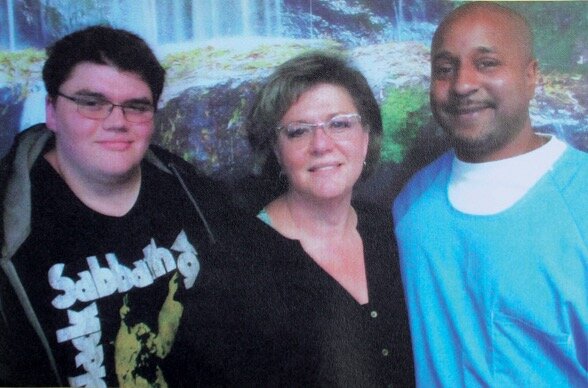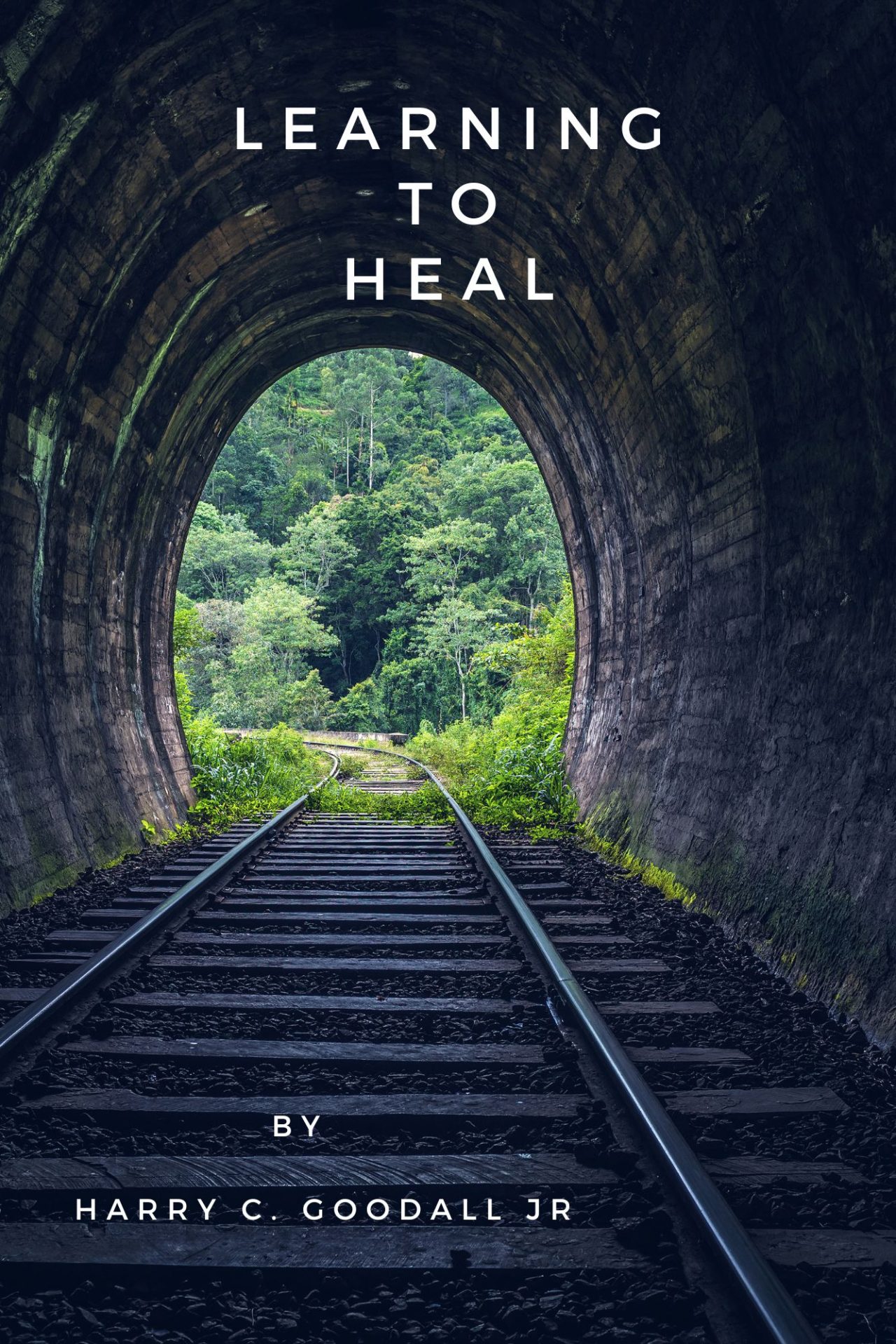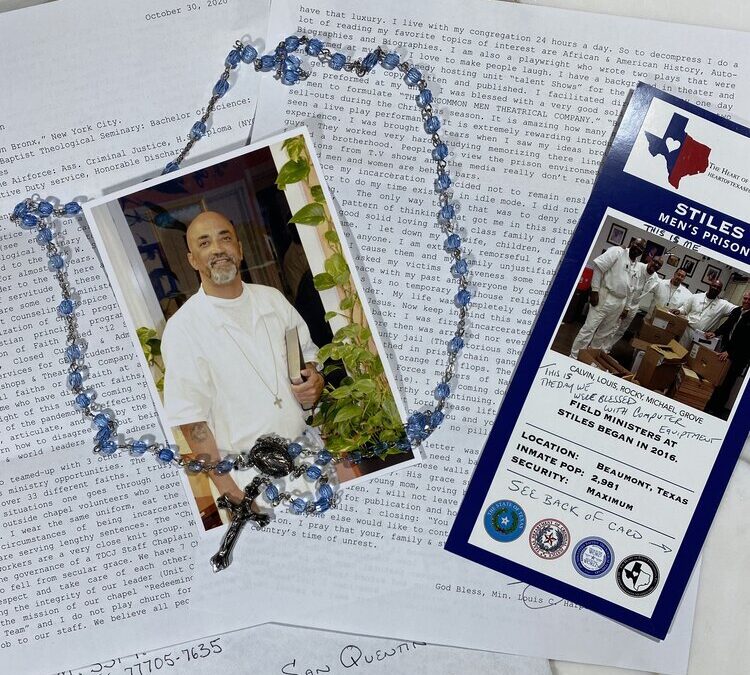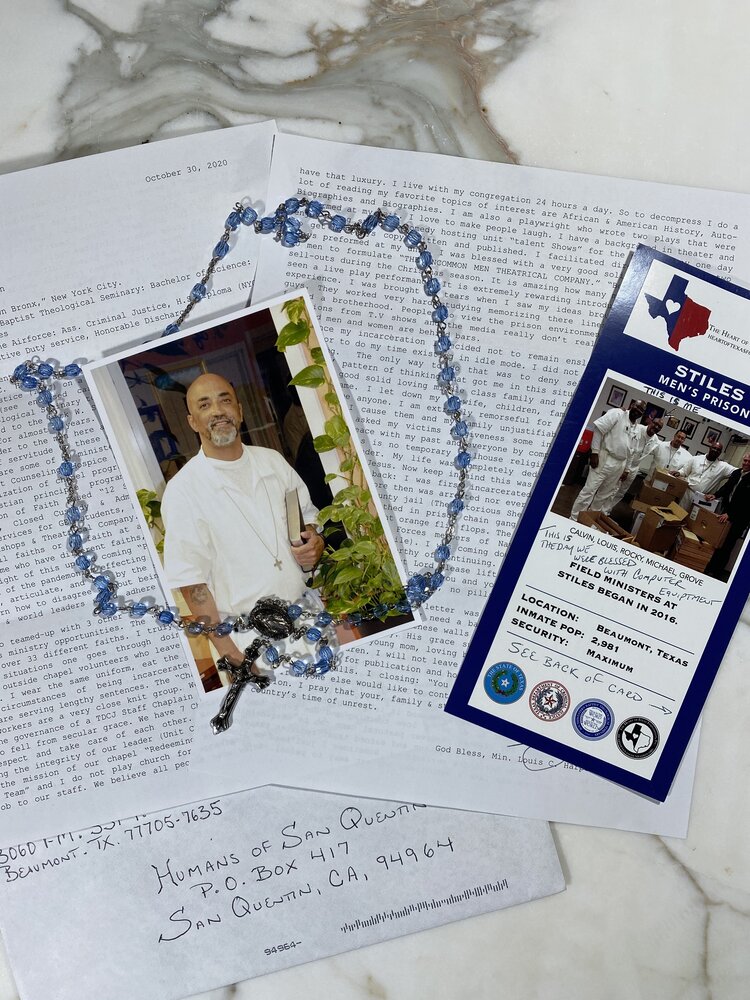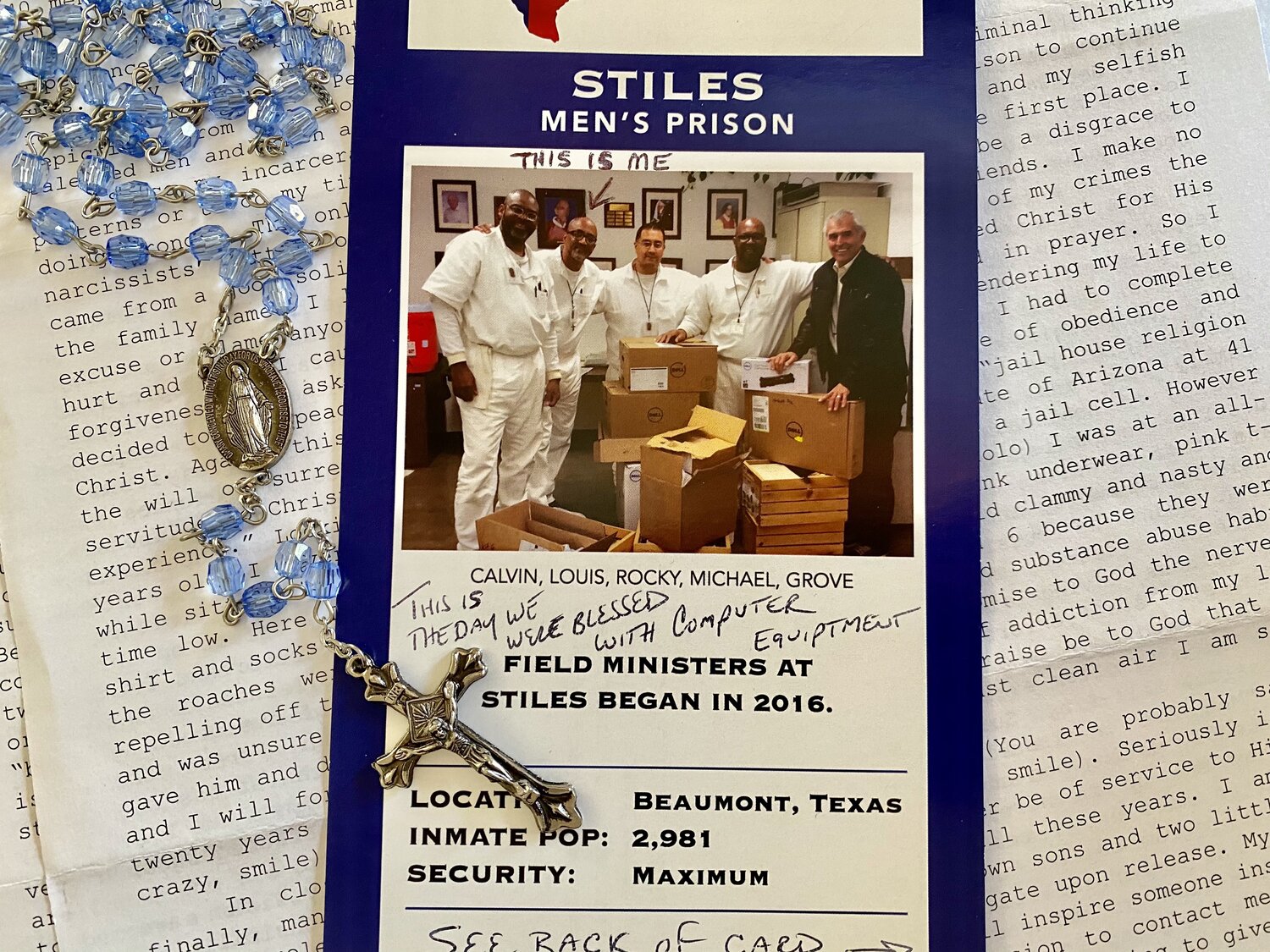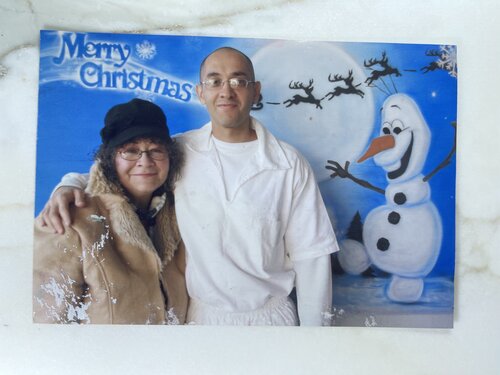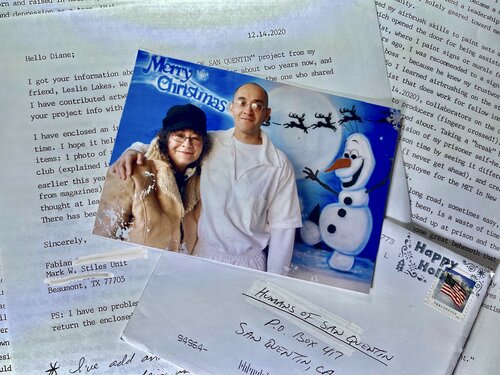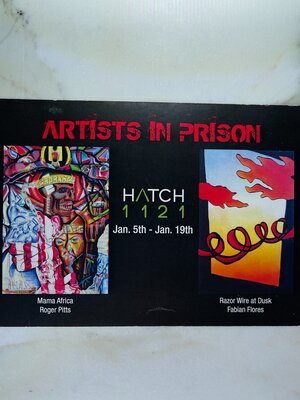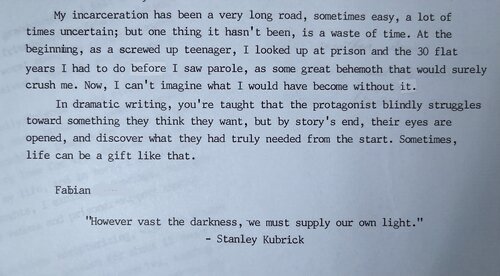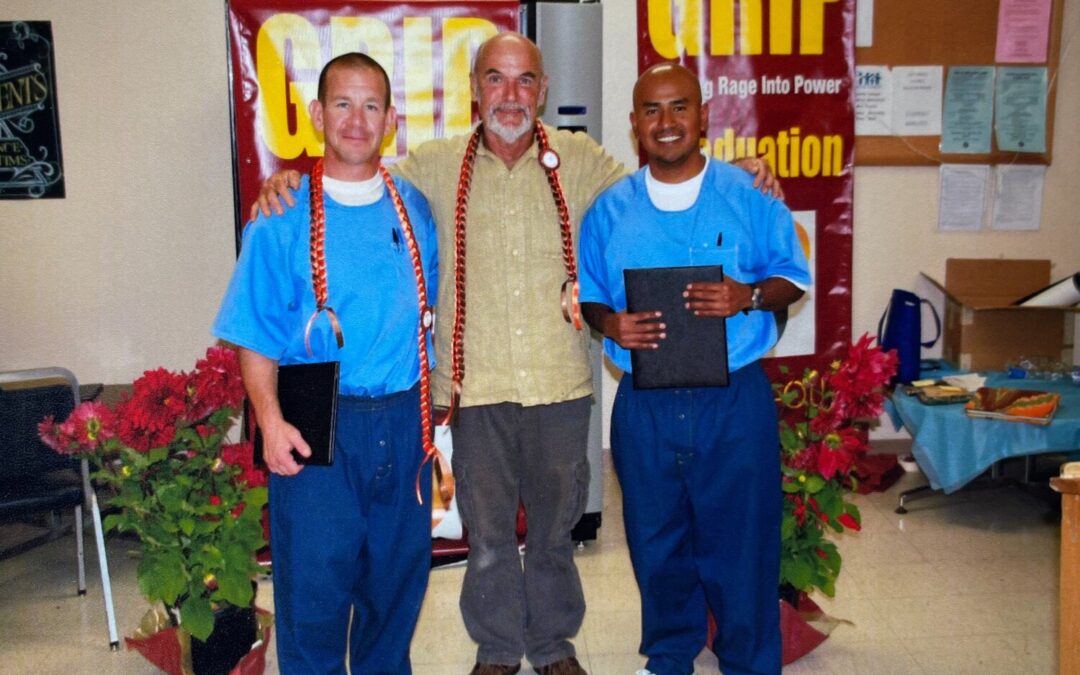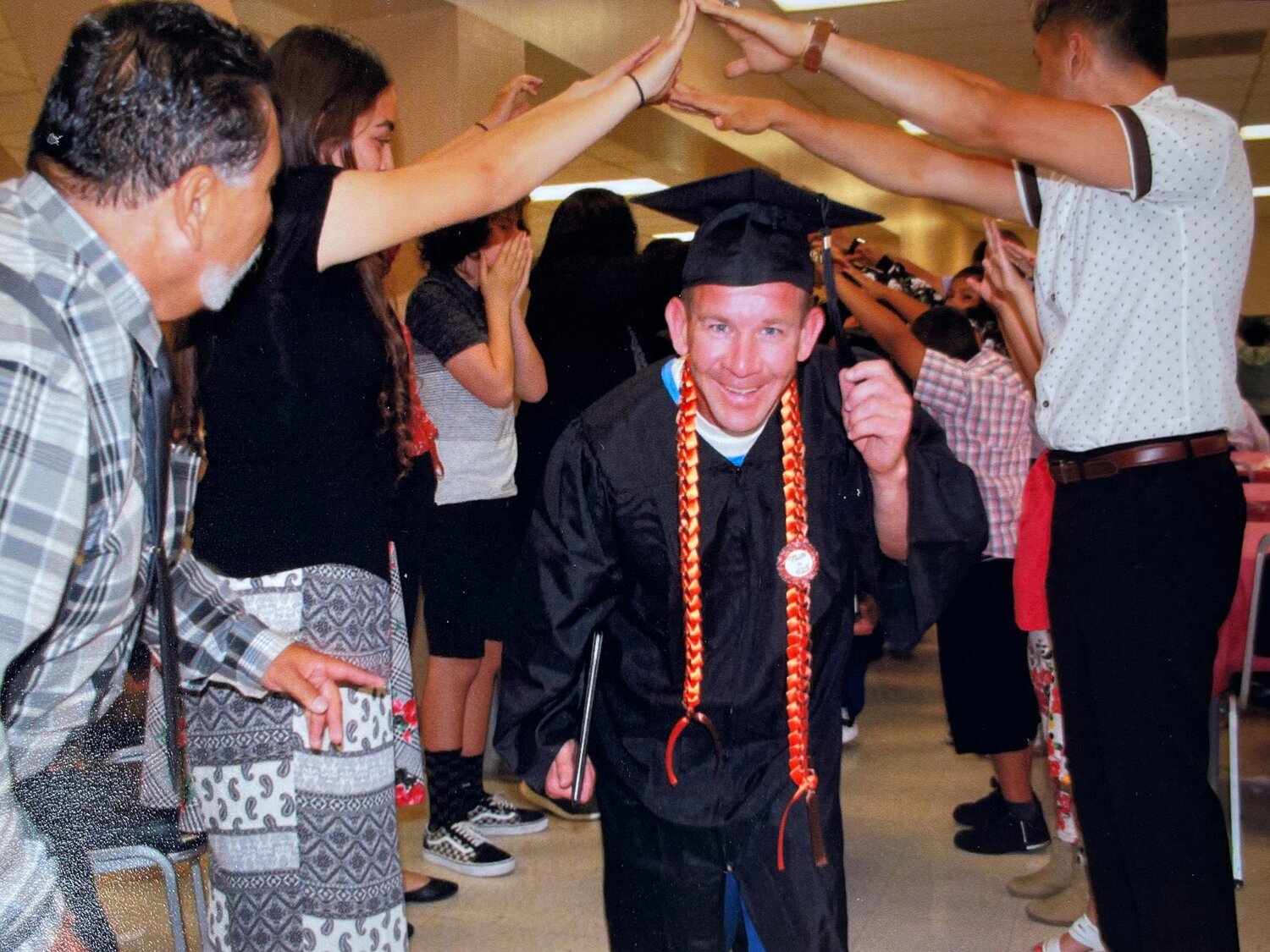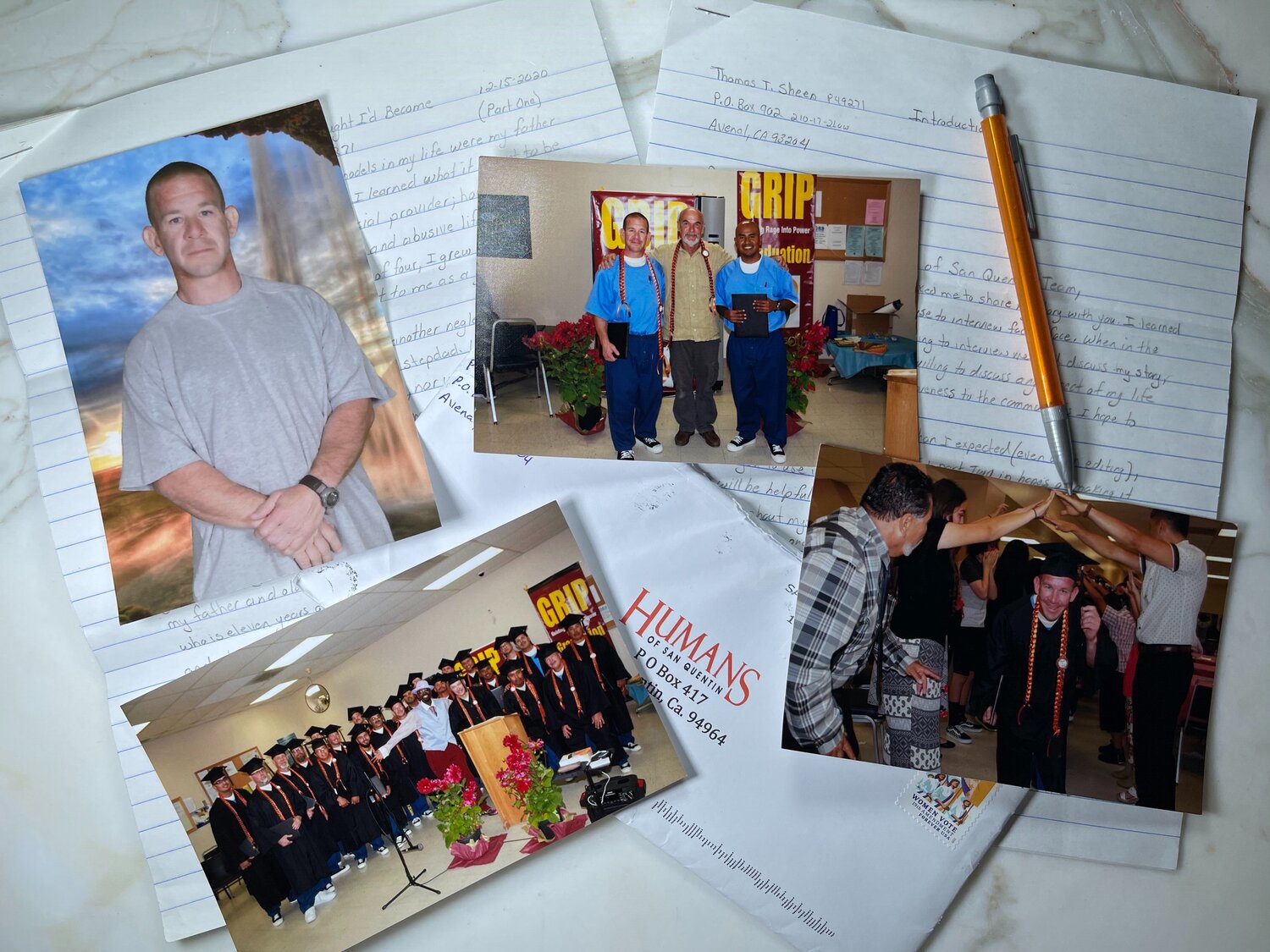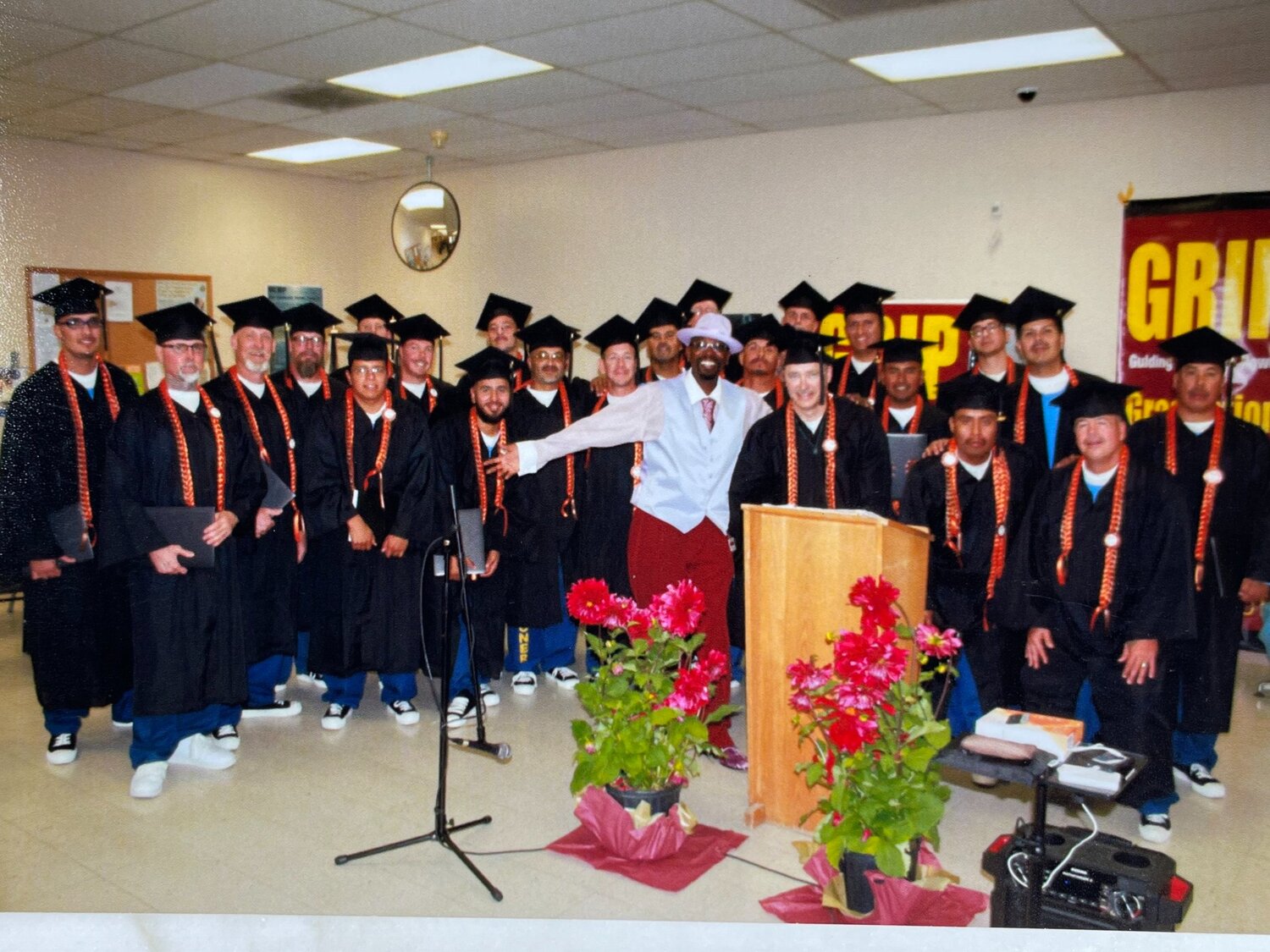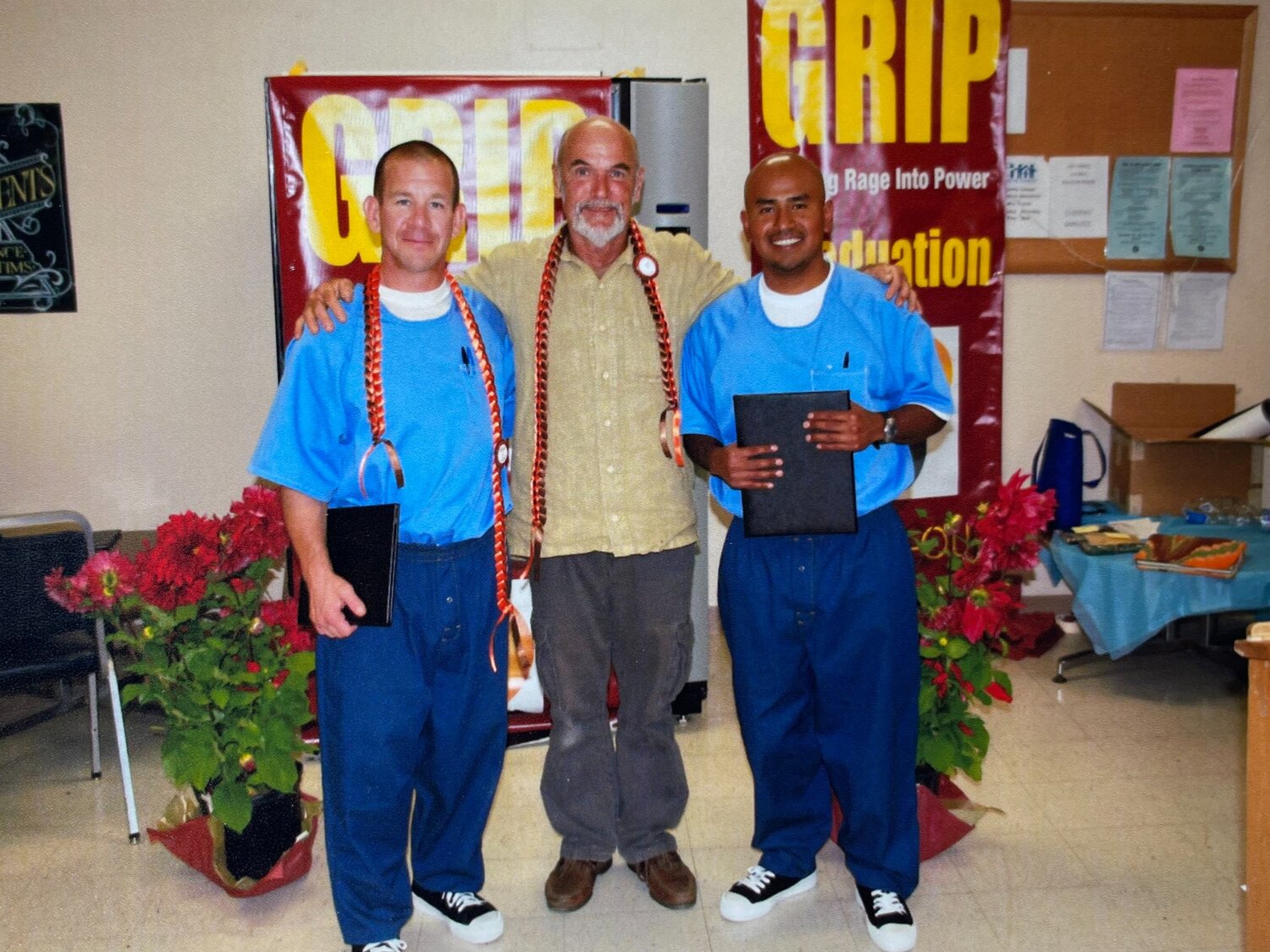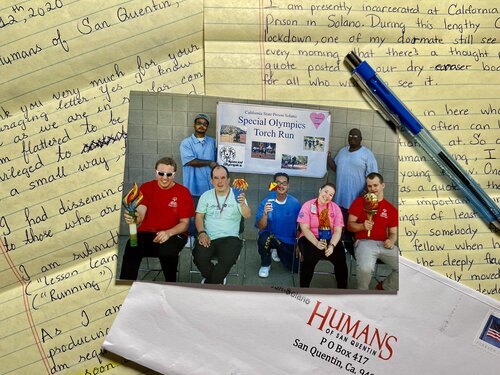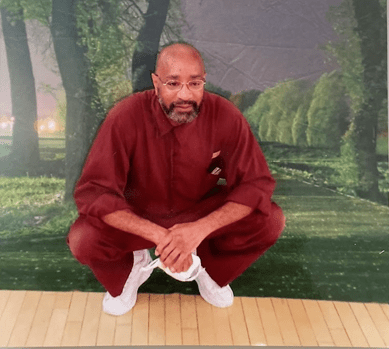
Jeffery, 59
The Word tells us that we are never alone, and through the current events of the day it surely could have felt like it.
Dear Family and Friends,
It is my prayer that the Lord keep us and guide us as we enter into the dawn of another year. Let us shed the past as if an old coat and go strengthened and invigorated into a new day. Amen.
Would you allow me a moment to say thank you all for your love and encouragement as the time served just keeps going? Many of you are saying that the time is winding down and in that hope we keep pressing on. October of The New Year would bring the 23rd year and you all have been a part of this journey and again, thank you so much for your sacrifice’s and the spirit that dwells within that you so unselfishly share this way inside the razor topped fences and prison walls.
How do we move forward through the past few years? Time and events that remain lingering with no end in sight and the rhetoric changes daily while remaining the same. The line of division appears to grow at such an unprecedented rate and the world growingly left in turmoil. How do we smile when the clouds seem to just keep rolling along? “FINALLY, MY brethren, rejoice in the Lord. To write the same things to you, to me indeed is not grievous, but for you it is save” [Philippians 3:1]
If we only look at what has happened in our lives, in the world over the previous year[s] we could just continue in that same cycle of loss and misery. Thank God for those who have stuck by; those who keep giving words of encouragement while even their situation is often fare more bleak than is for us sitting in prison. You give such strength that is holding me up and pushes me through those moments when I am down and hurting. So it is that I strive daily to be that better man, a more mature individual and take responsibility, hold myself accountable.
“If by any means I might attain unto the resurrection of the dead. Not as though I had already attained, either were already perfect: but I follow after, if that I may apprehend that for which also I am apprehended of Christ Jesus. Brethren, I count not myself to have apprehended: but this one thing I do, forgetting those things which are behind, and reaching forth unto those things which are before, I press toward the mark for the prize of the high calling of God in Christ Jesus.” [Philippians 3:11-14 KJV]
The word informs us that there is not one of who is free from sin; we all have fallen and come short of the glory of God. Though I can think of several people I admire that I don’t thing would fit into that category, however, the Lord knows all of who we are no matter what we may reveal to others. For the Lord has spoken, Amen.
The part of being in prison is the punishment for the crimes committed and it was intended that while here undergo a time of rehabilitation. To commit ourselves to change mentally in that we would not reoffend or commit another violation against society. In the current times of corrections or just the way of life is in the world today, we must attain that elusive “rehabilitation” ourselves utilizing the programs offered; developing a better social and work ethic where there may not have been one prior to the incarceration.
Another way or a very integral part of rehabilitation is taking responsibility for the offenses charged against us. Often forgetting how we can be so quick to point fingers at others for some offense against us and yet think it not robbery to deprive another of that which we as men, as adults are supposed to do and be. Now we cry for the children left behind, those strong women who loved us even as the little boys we were.
The scripture reads in part, if by any means I might attain unto the resurrection of the dead. That means to me that I must do whatever it takes to rise from that which held me captive in my past. Thank God for his grace and mercy, Amen.
“But thou, O man of God, flee these things; and follow after righteousness, godliness, faith, love, patience, meekness. Fight the good fight, lay hold on eternal life, whereunto thou art also called, and hast professed a good profession before many witnesses.” [I Timothy 6:11-12 KJV]
The Word tells us that we are never alone, and through the current events of the day it surely could have felt like it. The world quarantined and left isolated in the home, not much different than being confined in a jail cell and no one committed a crime, so to speak…but we made it, you all have made it out there to keep pressing forward in life. A good man has told me on several occasions, “you made it through the yesterday to wind up in the today you are grumbling about”. By the grace and mercy of Almighty God we have arrived in our today so let us not grumble and find the comfort, love and that joy of serving the Lord who has not left us and has brought us this far. Yes, we have lost family and friends, some are still here and battling various issues with health, finances. Let us remember, trouble don’t last always, Amen. I love you and thank you all for holding me accountable. To God be the glory, now and forever.
“Now, we exhort you, brethren, warn them that are unruly, conform the feebleminded, support the weak, be patient toward all men. See that none render evil for evil unto any man. Rejoice evermore. Pray without ceasing. In everything give thanks: for this is the will of God in Christ Jesus concerning you”[Thessalonians 5:14-18]
Let us pray:
I surrender, Lord God, we come before You in this season of closing out the past and entering a New Year. A season of forgiveness and purpose. We thank You Father for being with us during the difficult times and for holding us through when we were not sure on what the next moment would bring. We hold Your love ever present as we see that You have not left us, nor forsake us as Your Word tells us.
Thank You Father for those who have stayed by our side and we give love to those who have gone on ahead of us. We lift up those who have had it a lot rougher than we who sit within the confines of a prison; and for those who are in perhaps another type of prison mentally.
Lord, we pray that the days that are yet to come be full of joy and love and happiness. We ask that You watch over the families of those in prison and for those who are sick and shut in. We pray for the church body and seek to help them in ways the world may not be able to do for them. Keep us O Lord. Give us the strength to do Your will in these difficult times and please forgive us of any thought word or deed that is not of Your will in our lives. We pray this and all unspoken utterances in Jesus’ Name, Amen.
In His Love,
Jeffrey

